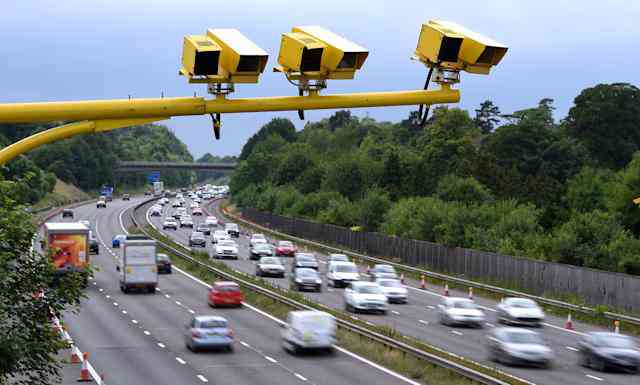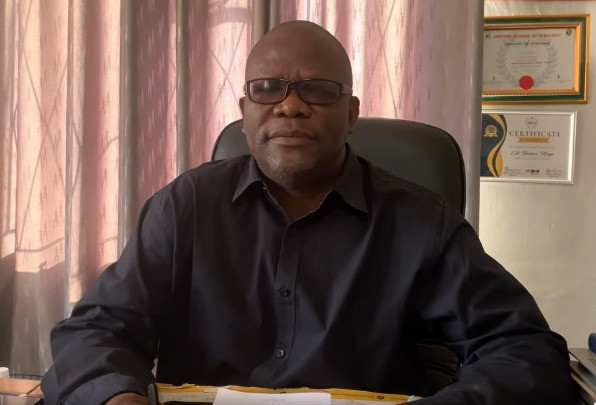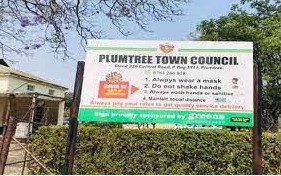
Government has been urged to tighten traffic laws and regulations to curb carnage on the country's roads which is escalating ahead of the festive season.
The call was made by the National Professional Drivers Association Trust chairperson Albert Sibanda following a surge in road traffic accidents claiming many lives on Zimbabwe’s major highways.
Sibanda's call came after a Munhenzwa bus accident that claimed four lives along the Masvingo-Beitbridge Highway on Monday this week.
The bus, which was travelling from Harare to Cape Town, reportedly overturned before hitting a tree along the Rutenga-Mwenezi stretch.
Sibanda called on the government to enforce existing road safety laws such as speed limits, overloading and driver fatigue regulations.
“The Transport and Infrastructure Development ministry must upgrade infrastructure — road markings, signage and hazardous sections,” he said.
“Support driver training and re- certification programmes, funded through the Road Safety Trust Fund. Provide immediate compensation and psychosocial support to victims’ families.”
Sibanda, however, called on fellow drivers to observe road rules and regulations for their safety and that of others.
- Teachers, other civil servants face off
- Veld fire management strategies for 2022
- Magistrate in court for abuse of power
- Vungu Dam water treatment and irrigation project takes off
Keep Reading
“Our profession is built on responsibility. Each mile we cover carries lives, not just cargo. This incident reminds us that safety is not a checkbox it is a covenant with the nation. Let us drive to arrive alive,” he said.
Sibanda said drivers should adhere to speed limits and rest schedules, conduct pre-trip checks on brakes, tires, lights — no shortcuts and report dangerous road conditions or errant drivers to authorities.
“In memory of those we have lost, let us commit to zero tolerance for road carnage. Together — government, drivers and the public — we can make Zimbabwe’s roads safe for all by implementation of change strategy on promoting road safety,” he said.
Meanwhile, a senior member of the association said transport operators were prioritising profit over safety.
“Most of these indigenous operators do not employ drivers but contract them. Drivers are no longer on salaries but on targets. As such drivers are forced to work 24/7 to raise as much revenue as possible for themselves,” said the member, who requested anonymity.
“We also have law enforcement agents who are no longer worried about legal statutes governing public service vehicle operations, they now only worry about enriching themselves.”









